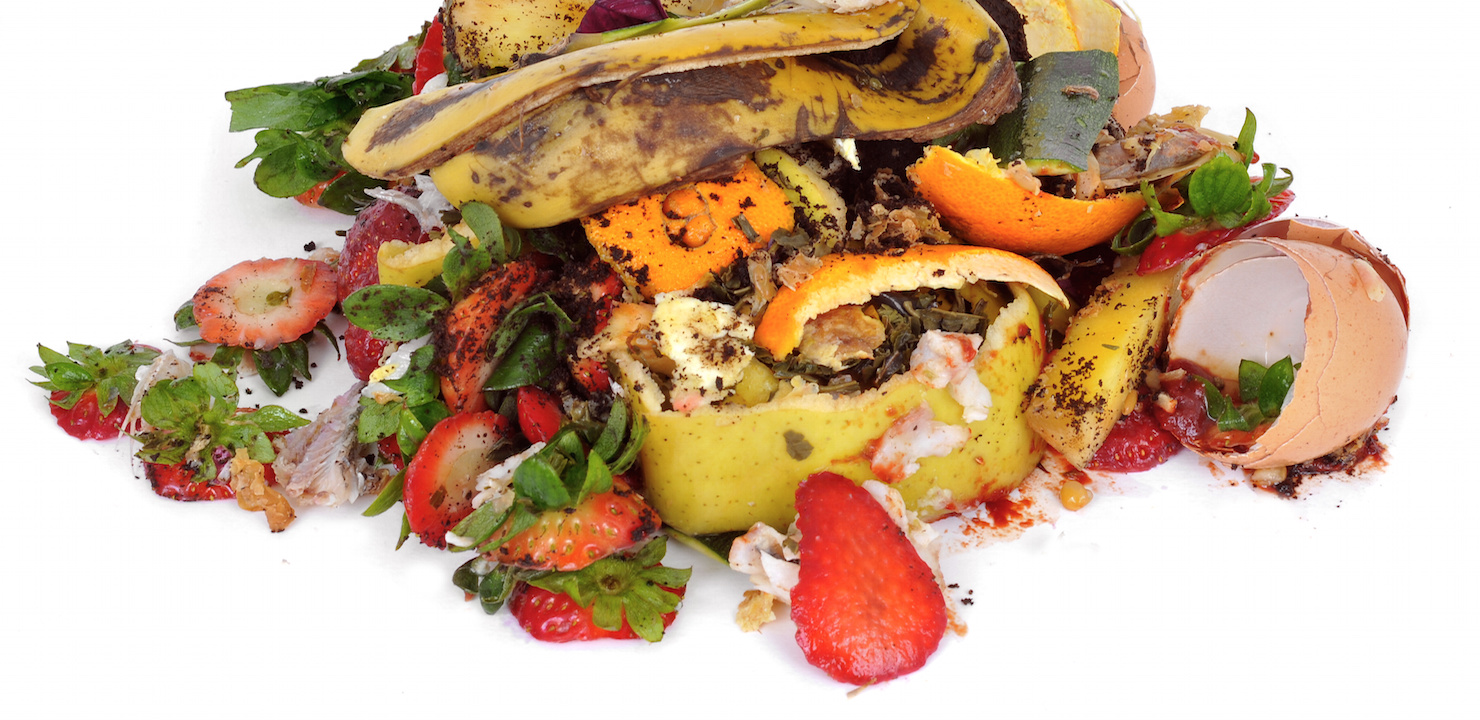
MALAYSIANS waste a lot of food. But few people take heed.
Malaysians go on a food-wasting-spree and without remorse. So despite noisy, spirited occasional complaints about prices of foodstuff, many among us are still perennial food wasters. It is estimated that in a household of five, RM2,700 worth of food per year is wasted.
Even the Government commissioned a national strategic plan for food waste management in Malaysia in 2014. No kidding!
The plan was to develop regulations on food waste but to date, no policies on this have been announced.
We have read this before: we generate 15,000 tonnes of food waste a day, enough to fill 7.5 football fields or to feed 7.5 million people. We are talking about feeding the entire state of Israel or the entire migrant population of Britain!
Meanwhile, each day one in five humans go hungry. That is 800 million people or more than 26 times the population of Malaysia. There are millions of undernourished children in poor countries.
We should be content with consuming 2,500 calories of energy a day, yet our calorie intake is more than that.
Compare that to a Somalian who has to live with 1,500 calories a day. We don’t die because of lack of food; we die because of diseases related to surplus food and the kind of food we consume.
Every Ramadan we hear the call to limit food intake for Muslims.
They are supposed to empathise with the poor and the disadvantaged, to feel the pangs of hunger.
It is supposed to be an exercise in humility, in subjugation and submission.
But food wasting is blind to race and religion. Humanity as a whole has to be blamed.
Advanced countries like the United States, Britain and Canada are wasting food at the rate of 100kg per person per year. According to a George Morris Centre report in 2010, RM115bil worth of Canadian food ends up in landfills.
The title of Jonathan Bloom’s book, American Wasteland: How America Throws Away Nearly Half Its Food (And What We Can Do About It), is self-explanatory.
How did the 50% come about? Bloom is looking at the entire food distribution network. At every level of the food chain, there is a significant amount of food chucking.
Because of the demand for less than perfect produce, farmers have to discard the “spoiled” items. At the food stores, there will be another round of scrutiny.
In another shocking finding, it is estimated that 30% of the 1.5 billion tonnes of food produced around the world annually ends up in landfills before it even reaches the consumers. In homes, food is stuffed in refrigerators.
And most of the time, because of too much food stocked, much is simply thrown away. Leftovers from the dining table, too, will contribute to waste. The cycle goes on.
Imagine the amount of food wasted along the distribution chain, which could have otherwise become nutrients for the undernourished.
Normally we equate food scarcity with poverty. It may be true.
But more often than not, those living in poverty are managing their food better than the rest. Scarcity of resources is part and parcel of their daily lives so they have to careful with what they have.
The United Nations Children’s Fund estimates that 22,000 children die each day due to poverty, even though there is an abundance of food elsewhere. More than 1.6 billion humans live without electricity. Many of their children do not go to school.
Many believe that food scarcity is a myth. There is no shortage of food; in fact, the world is facing a food surplus.
With the kind of food waste Malaysians and people of many nations are guilty of, it is shameful to imagine many developing and under-developing countries are facing food deficits.
Edible materials are not well distributed because of many factors.
There are cases of food aid not reaching the intended recipients.
Corruption is rampant in many of the affected countries. And of course, there are market forces that allow food to be destroyed, in order to keep the prices up.
Even considering those factors, food waste is still the culprit.
If countries like ours could halve the waste and a mechanism was in place to distribute the food to needy countries, we could help at least a portion of those 800 million people going hungry before they go to sleep.
Replicate that in other countries. Perhaps, one day, hunger would be a thing of the past.
There have been many movements to address food wastage in the world today. There are groups trying to recycle food deemed unsaleable at supermarkets.
In Kuala Lumpur, there are NGOs encouraging hotel chains to contribute leftover food.
But good food management must begin at home. Simple steps to minimise waste will go a long way. And save lives.
For Muslims, the best time to discipline themselves to avoid food wastage is now, during the fasting month.
Johan Jaaffar was a journalist, editor and for some years chairman of a media company, and is passionate about all things literature and the arts. The views expressed here are entirely his own.
Source : 12 June 2017 The Star
http://www.thestar.com.my/opinion/columnists/the-bowerbird-writes/2017/06/12/the-need-to-manage-food-waste-there-is-enough-food-for-all-but-due-to-wastage-many-people-especially/




